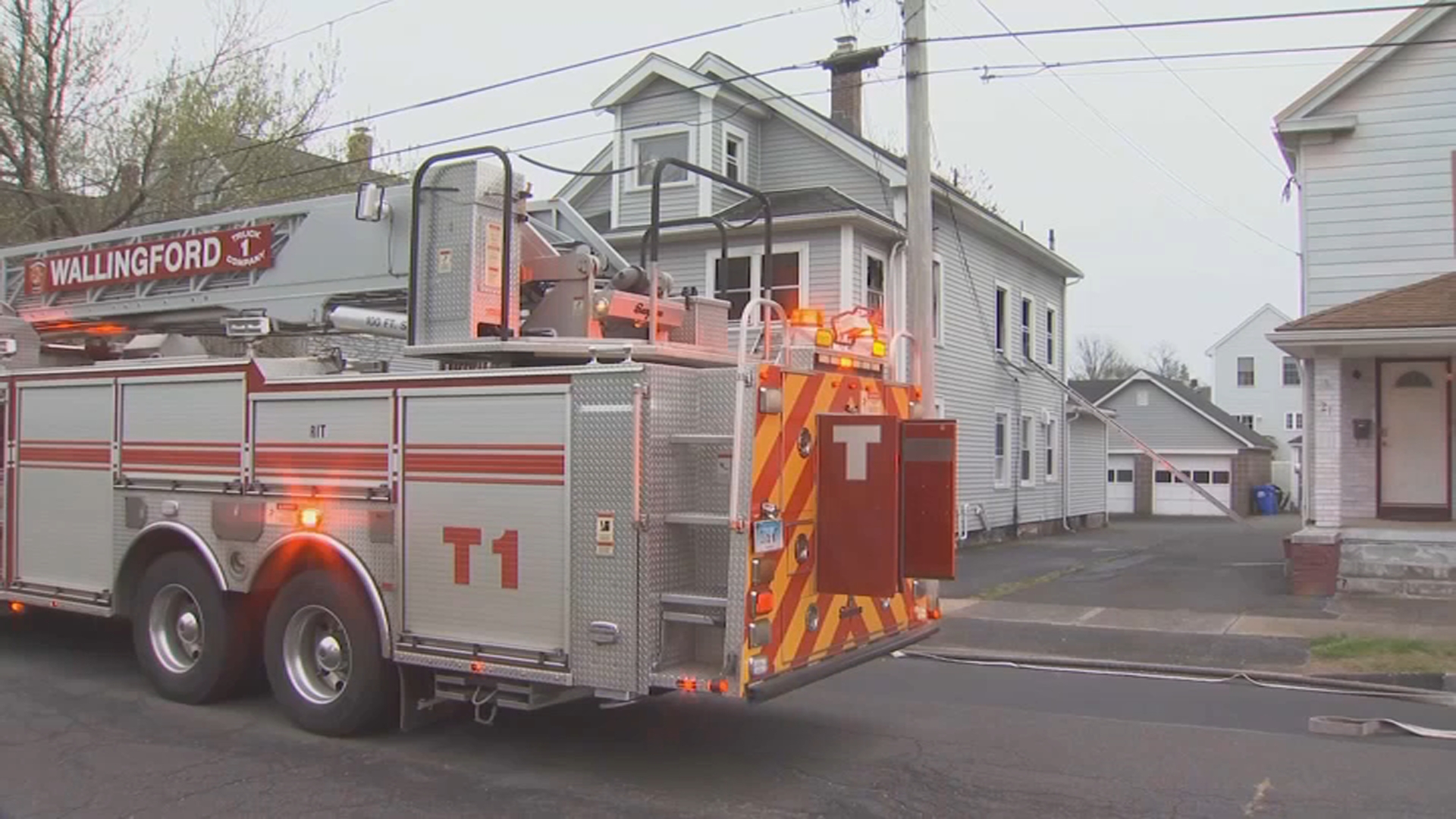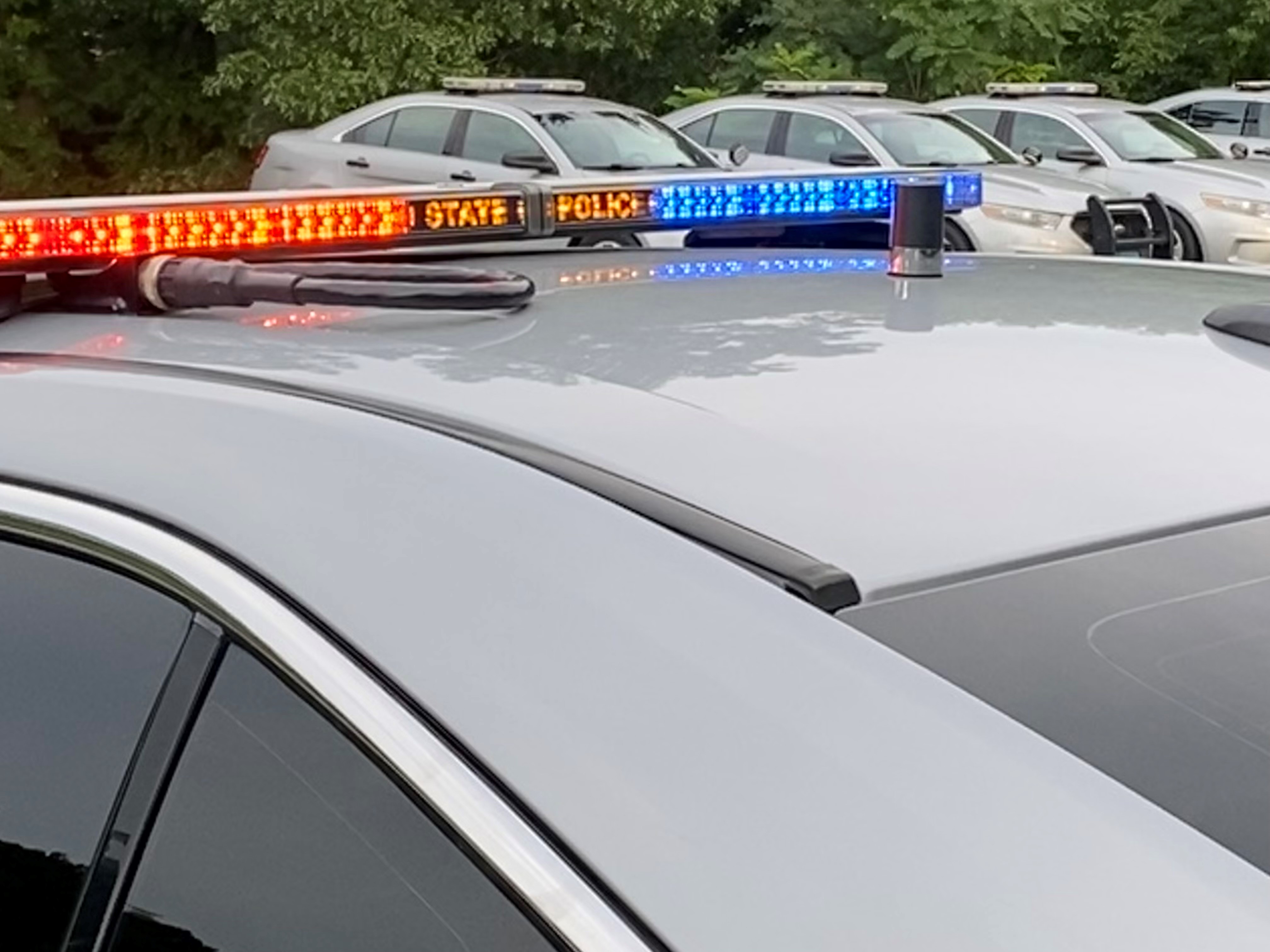The dog days are here and summer school chemistry class at Conard High School in West Hartford is in session. But one student in the back sticks out like an unbonded electron.
Steve Goldstein, of Noank, has a Ph.D. and 23 years experience as a chemist at Pfizer. This summer he's back in school, learning to become a teacher.
"I had a teacher in my life that really made a big impression starting out," Goldstein said. "I wasn't a 'straight A' student in high school and this teacher put me on the straight and narrow and started me on a successful career in science."
Goldstein is part of the state's "Alternate Route to Certification" or ARC Program. For the past two decades, professionals looking to make a career change have enrolled here to learn to teach.
Mike Meotti, Commissioner of the State Department of Higher Education, calls it a win-win.
"This creates employment opportunities and earning power for an ARC graduate, but they go out and help make the educational world in which they work become more successful," Meotti said.
In fact, right now, the ARC program is the single biggest supplier of new math teachers in the state's public schools.
Local
Math, science and world languages are the primary areas of focus for the program, but teachers looking at any middle or high school subject are welcome.
Maria Verderber, of Bridgeport, and Julia Kelly, of West Hartford, are longtime theater professionals who are looking to become English teachers. Each has had a taste of teaching that's grown into a new found passion.
"What you can teach the kids through your own life experiences adds so much," Verderber said.
Make no mistake, the summer ARC program is intense. Goldstein calls it "boot camp."
The candidates student-teach all morning, take classes in the afternoon, then return home to study and write lesson plans for the next day. Nine weeks later, their alternate route to certification is nearly complete.
Interim program coordinator Maria Kot-Davoodi says its called "conditional certification."
"They have to be hired by a public school in order to activate the certification," Kot-Davoodi said.
The results are impressive: 85 percent of ARC graduates are teaching within six months.
For Goldstein, it's all about chemistry with the kids and nurturing the next generation of Connecticut scientists.
"The opportunity to now turn some kids on to science the same way I was turned on 'I don't want to tell you how many years ago' is a real unique opportunity," Goldstein said. "I'm having a blast."



